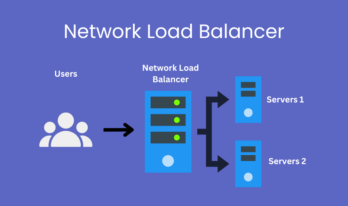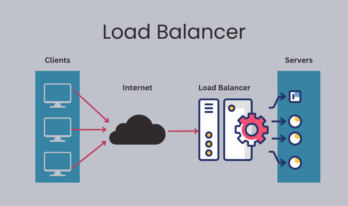Are you the one relying heavily on the digital world? In short, you might prefer online shopping, payments, booking tickets online, attending meetings, and much more. The amount of data generated through such resources will amaze you.
Data generation is a never-ending process. With such massive amounts of data generated every day, organizations should be able to extract meaningful information to make well-informed decisions, enhance performance, and deliver value. Here is where the context of data mining comes into light. Data mining, put, is about analyzing large data sets to derive critical business insights. Specific data mining tools will make this job super easy.
Moreover, with several options available, it's vital to choose the right one that best meets your needs. Thus, it would help if you considered different factors while selecting the data mining tools.
In this article, we'll walk through the key points you need to know. Let's get started.
Key Factors to Consider While Choosing Data Mining Tools
Choosing the right data mining tool is a challenging task. You need to analyze your business goals carefully. Besides, below are a few essential factors you need to keep an eye on.
Data Mining Goals
Before you choose the data mining tool, make sure to understand your data mining goals. It would help if you had a clear idea of the purpose of your data analysis, the results you expect, and the decisions you ought to make. Further, the data mining tools will help to determine the type and scope of data mining tasks such as classification, clustering, anomaly detection, or regression. Every data mining tool has its own set of characteristics and limitations, so ensure your goals align well with the same.
Data Mining Skills
Your data mining skills will mainly affect your choice of data mining tools. Initially, you must be familiar with the data mining concepts and methods to stay one step ahead. The level of programming language and statistics knowledge you possess is the critical factor to consider.
Some data mining tools have a user-friendly interface and let you perform tasks without any coding knowledge. On the other hand, some tools have (API) Application Programming Interfaces and scripting languages that let you automate data mining tasks by writing clean and efficient code.
Scalability
SMBs and large-scale organizations need data mining technology to extract insights. Further, it should be capable of scaling with demand. Choose a data mining tool that works well for your existing and future business. Plus, it should support multiple algorithms and techniques. The data mining tool you choose should also be able to process large data sets at a high speed, so you don't have to wait for ages to get the insights.
Data Compatibility
Data has no fixed format and can be present in different forms, such as structured, unstructured, and industry-oriented data. Your data mining should be compatible with all these and deliver strategic results that help advance your business further. For example, if you have an image, audio, or text, then you need a data mining tool that can perform speech recognition, natural language processing, etc.

Some Popular Data Mining Tools to Know
With the factors mentioned above, here's a list of top data mining tools that you can consider.
Rapid Miner is an easy-to-use, open-source data mining tool that requires no coding. It offers powerful features, including data preparation, predictive modeling, text mining, and machine learning.
The next on the list of best data mining tools is the KNIME analytics platform. It's an open-source data mining solution with features such as compatibility with all file formats, access to the community hub repository, workflow segment bundling, and more. You can use this data mining tool to work on data sets and obtain the necessary information.
Rattle
Rattle is a data mining tool that makes use of the statistical computing capabilities of the R programming language to deliver valuable insights. It has a built-in tab through which users can easily create duplicate code for GUI activities.
Main features of Rattle:
- Free and open-source platform
- Well-designed UI
- A range of data mining functionalities
Orange
Orange is an open-source tool for data mining, machine learning, and visualization. It provides a distinctive visual programming front-end that enables users to connect pre-defined "widgets" representing different data processing, modeling, and visualization functions to create analysis workflows.
Main features of Orange:
- User-friendly interface
- Widgets for advanced data visualization
- Pre-built widgets for carrying out machine-learning tasks
Summing Up!
The blog has helped you learn about the factors that influence the choice of data mining tools. This will act as the cornerstone in extracting insights that truly matter to your business. Now, get the right data mining tool for your business and let it skyrocket like never before. Stay tuned to our blog section for more.
Also Read:
Data Mining in Business Intelligence: Extracting Strategic Insights




